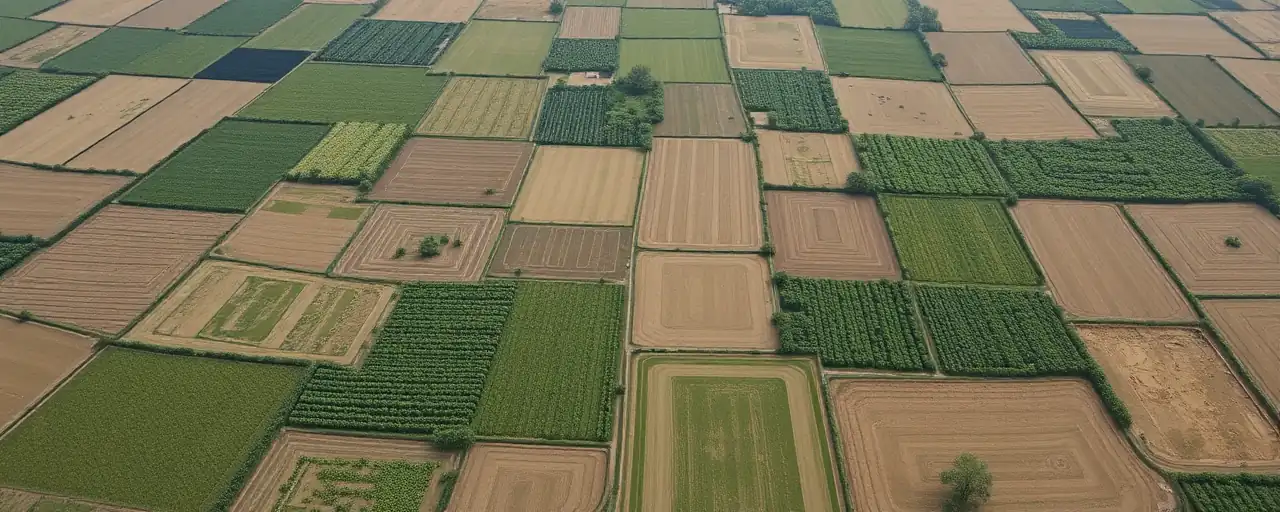A Trade Deficit Crisis Left to Fester
America’s farmers and ranchers have been dealt a brutal hand. Under the previous administration’s watch, the agricultural trade deficit ballooned to a staggering $50 billion, a glaring testament to years of inaction and indifference on the global stage. While our hardworking producers toiled to feed the nation and the world, foreign competitors swooped in, snatching market share and leaving U.S. agriculture in a chokehold. Imports soared to $219.5 billion in 2025 alone, dwarfing exports stuck at a measly $170 billion. It’s a gut punch to the heartland, where farm margins shrink and input costs skyrocket, all while Washington sat idle.
Enter Secretary of Agriculture Brooke Rollins, a breath of fresh air in a stagnant bureaucracy. She’s not here to coddle or compromise. With President Trump’s unwavering support, Rollins is charging into the international arena, hell-bent on reversing this disgraceful trend. Her plan? Hit the ground running with trade missions to six powerhouse markets - Vietnam, Japan, India, Peru, Brazil, and the United Kingdom - in her first six months. This isn’t just a photo op; it’s a battle cry to reclaim America’s rightful place as the world’s agricultural titan.
Taking the Fight to the World
Rollins knows the stakes. Japan, a top-five market for U.S. corn, beef, and soybeans, is slipping through our fingers as competitors like China muscle in. Vietnam, our tenth-largest export destination, thrives without a U.S. trade deal, while China enjoys the upper hand. Then there’s India, where a $1.3 billion trade deficit mocks us, propped up by tariffs that once topped 100% on dairy and rice. Rollins isn’t playing defense; she’s going straight for the jugular, pushing to diversify markets, strengthen allies, and hold trading partners accountable. Everything’s on the table, she says, and it’s about damn time.
The numbers don’t lie. Brazil’s $7 billion deficit with the U.S. stings, especially as they cash in on China’s tariffs against American soybeans. The U.K. slaps our exporters with sky-high tariffs and puny quotas, yet Rollins sees opportunity in their post-Brexit scramble. Peru, a rising star in South America, hungers for U.S. ethanol and dairy. These aren’t just trips; they’re calculated strikes to flip the script. Historical missteps - think NAFTA’s flood of Mexican imports or the Green Revolution’s uneven legacy in India - prove that sitting back invites disaster. Rollins is rewriting that story.
Why This Matters to Main Street
This isn’t some abstract policy debate for wonks in D.C. It’s about real people - the farmer in Iowa watching soybean prices tank, the rancher in Texas squeezed by fertilizer costs, the small-town feed store owner praying for a lifeline. That $49 billion deficit isn’t just a statistic; it’s lost jobs, shuttered barns, and a threat to the food on your table. When imports of coffee, fruits, and processed junk outpace our exports, it’s not just trade policy failing - it’s America’s backbone cracking under the strain.
Opponents will whine about protectionism or free-market purity, but their ivory-tower lectures crumble against reality. Japan’s $42 billion in annual tariffs and subsidies prop up their farmers while ours bleed. India’s tariff walls didn’t vanish out of goodwill; they’re cracking because someone’s finally pushing back. The USDA’s aggressive pivot isn’t reckless - it’s a lifeline. Look at Brazil, raking in soybean profits off China’s spat with us. We don’t need more trade deals that sell us out; we need a fighter like Rollins to level the playing field.
The Bigger Picture: Winning the Economic War
This is bigger than agriculture. It’s economic warfare, and America’s been losing ground. A strong dollar makes imports cheap and exports tough, while tariffs from the Trump era - meant to protect us - sometimes backfired, hiking costs for farmers. Rollins gets it: diversify or die. Japan’s market, projected to hit $13.5 billion by 2033 with smart farming tech, is ripe for U.S. innovation. India’s tariff drop opens doors for our dairy and tech, not just their rice. The U.K., flailing post-Brexit, needs our goods more than they admit. This is how we claw back prosperity.
Critics might scoff, claiming trade missions won’t fix decades of decline. They’re wrong. History shows action works - the Green Revolution boosted yields, flawed as it was, and post-NAFTA consolidation built export giants. Today’s deficit mess stems from complacency, not inevitability. Rollins’ blitz signals resolve, not retreat. Farmers aren’t asking for handouts; they want markets, fair fights, and a government that doesn’t leave them twisting in the wind.
The Verdict Is In
Secretary Rollins’ global push is a masterstroke, plain and simple. It’s bold, it’s brash, and it’s exactly what America’s farmers need. The trade deficit didn’t hit $50 billion overnight, but it won’t shrink without a brawler in the ring. Her six-month sprint to six nations isn’t a gamble - it’s a calculated offensive to turn red ink black, to put American beef on Japanese plates, dairy in Indian homes, and ethanol in Peruvian tanks. The USDA isn’t just talking tough; it’s delivering.
President Trump promised to back our farmers, and he’s keeping that vow. This isn’t about nostalgia for some bygone era; it’s about securing the future - food security, economic strength, and a rural America that thrives, not just survives. Rollins’ mission proves we can win this fight. The alternative? More deficits, more closures, more surrender to foreign rivals. That’s not an option. America’s agricultural might is back, and it’s here to stay.
